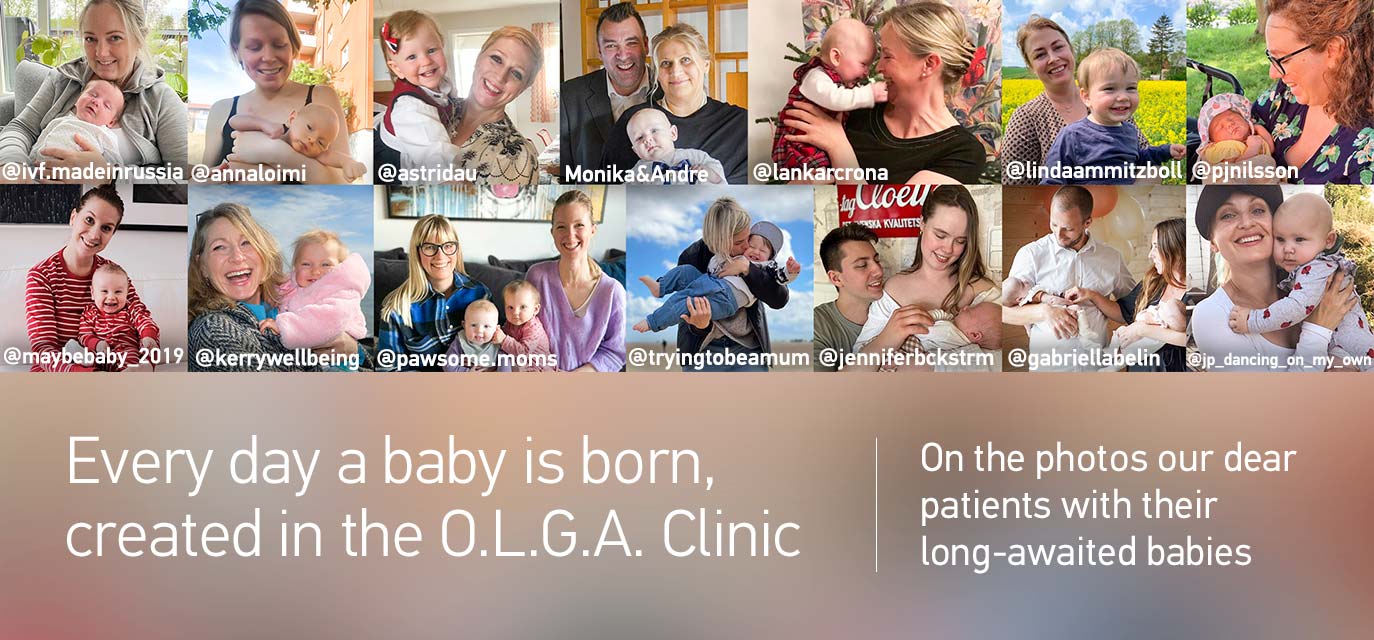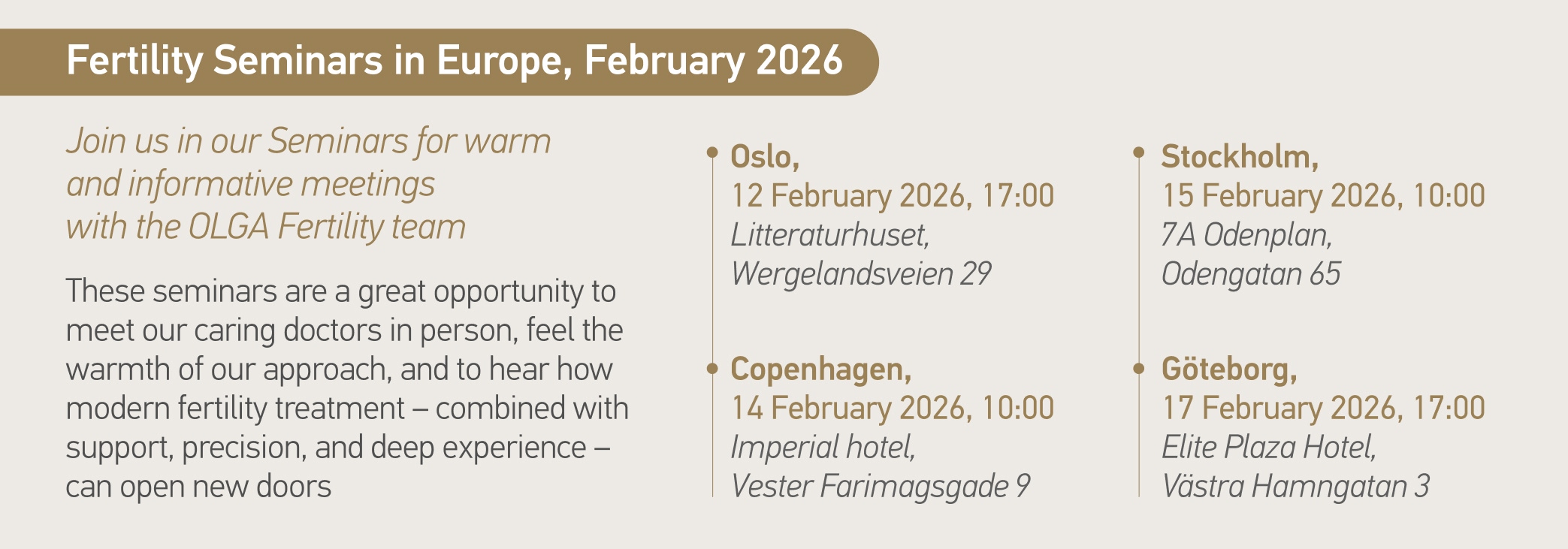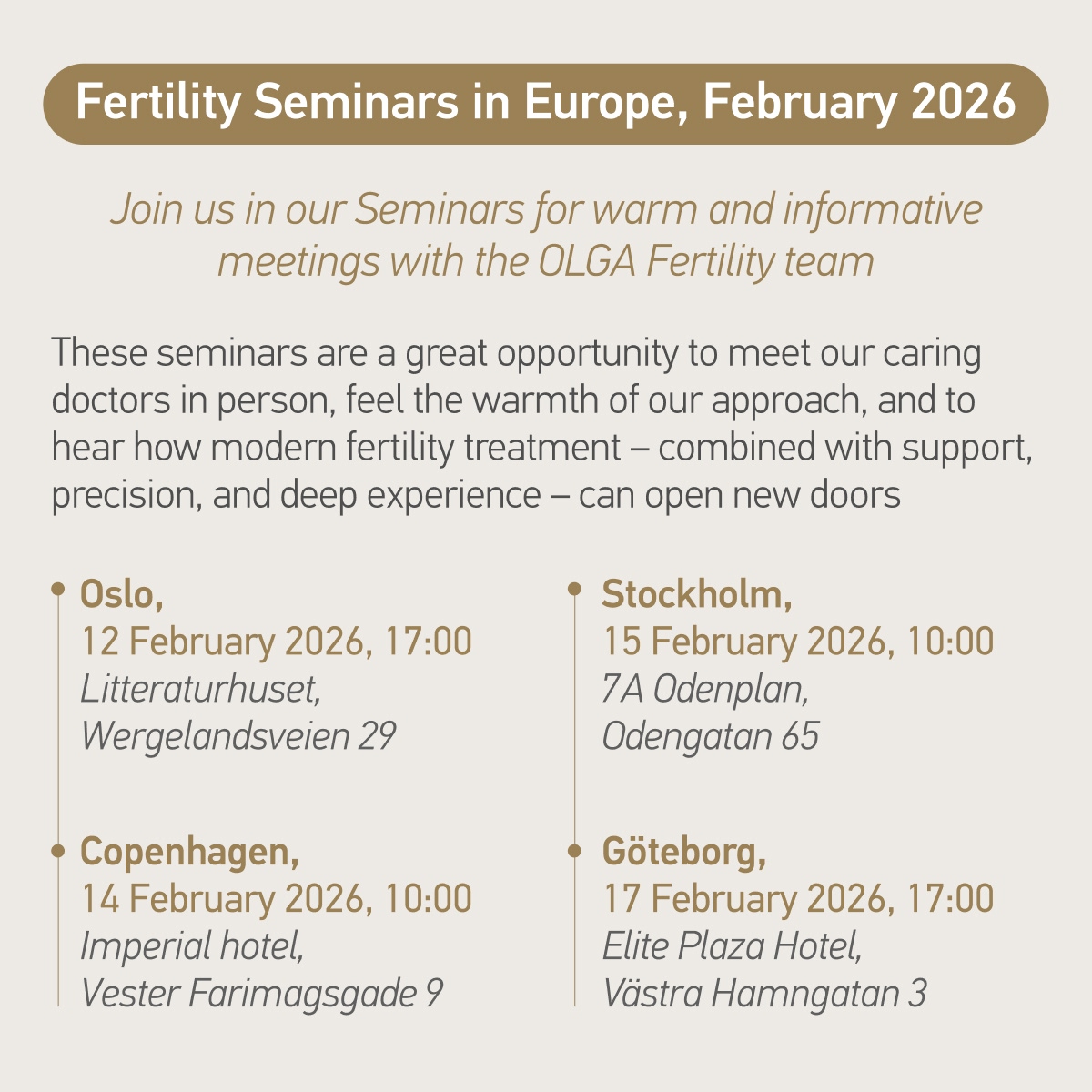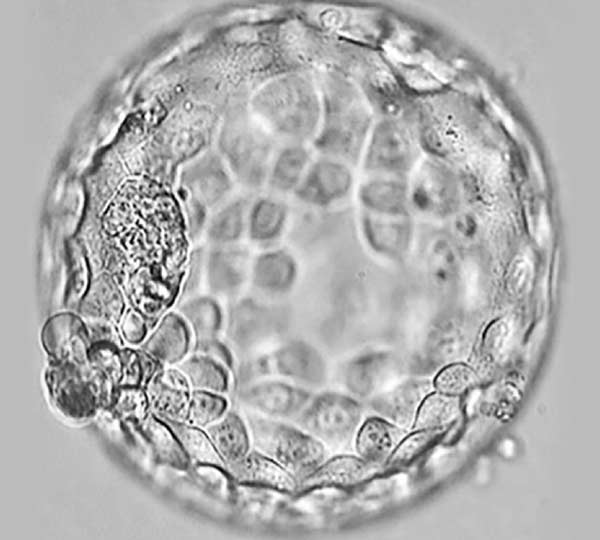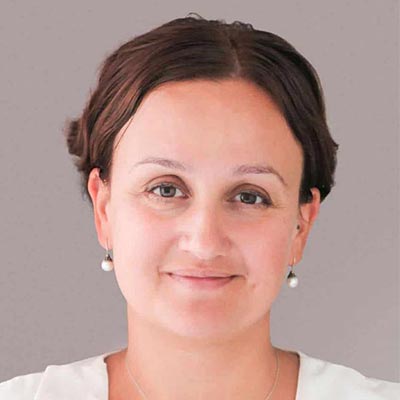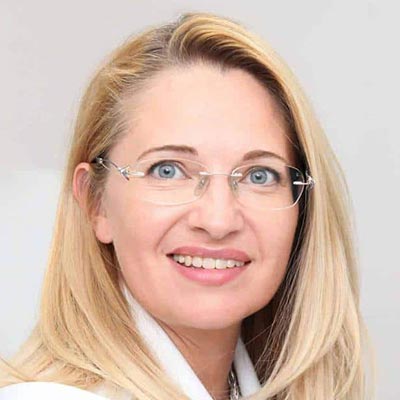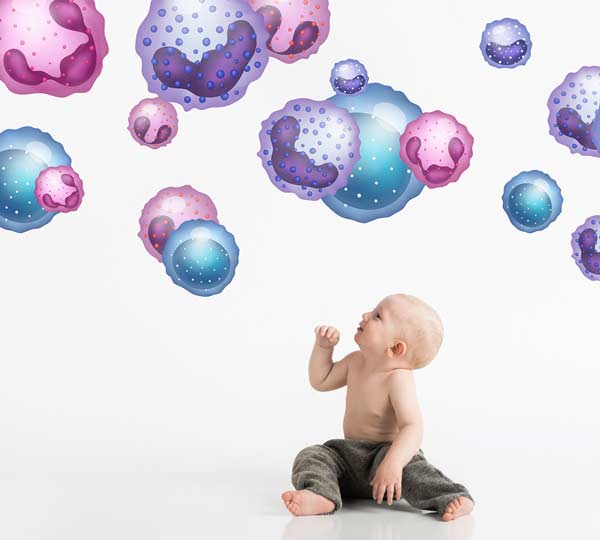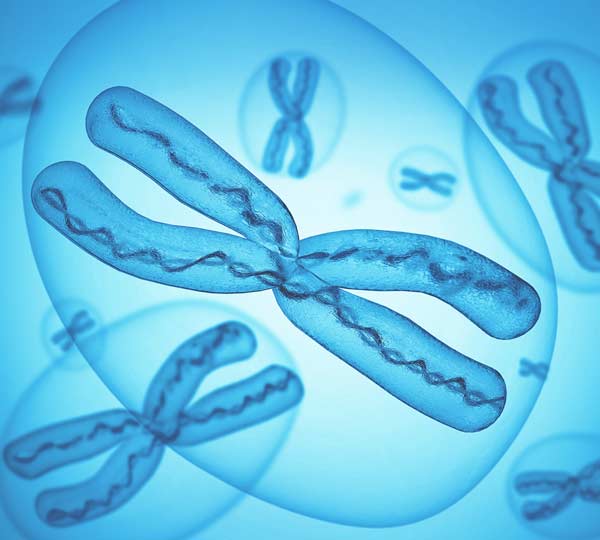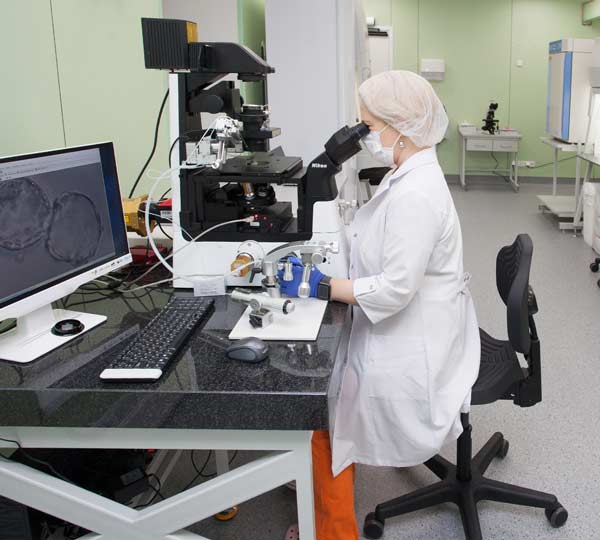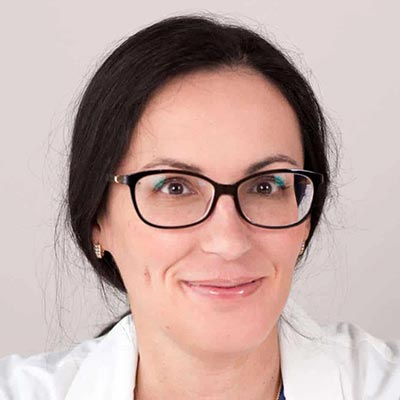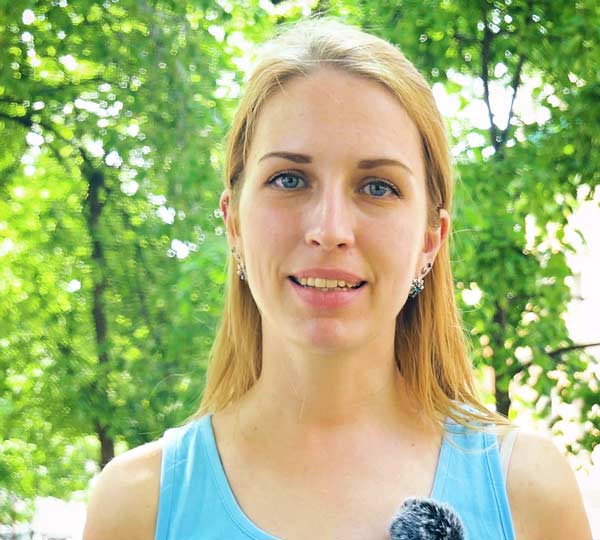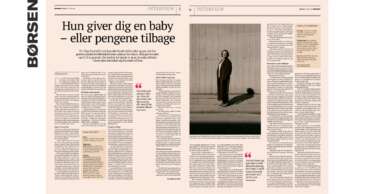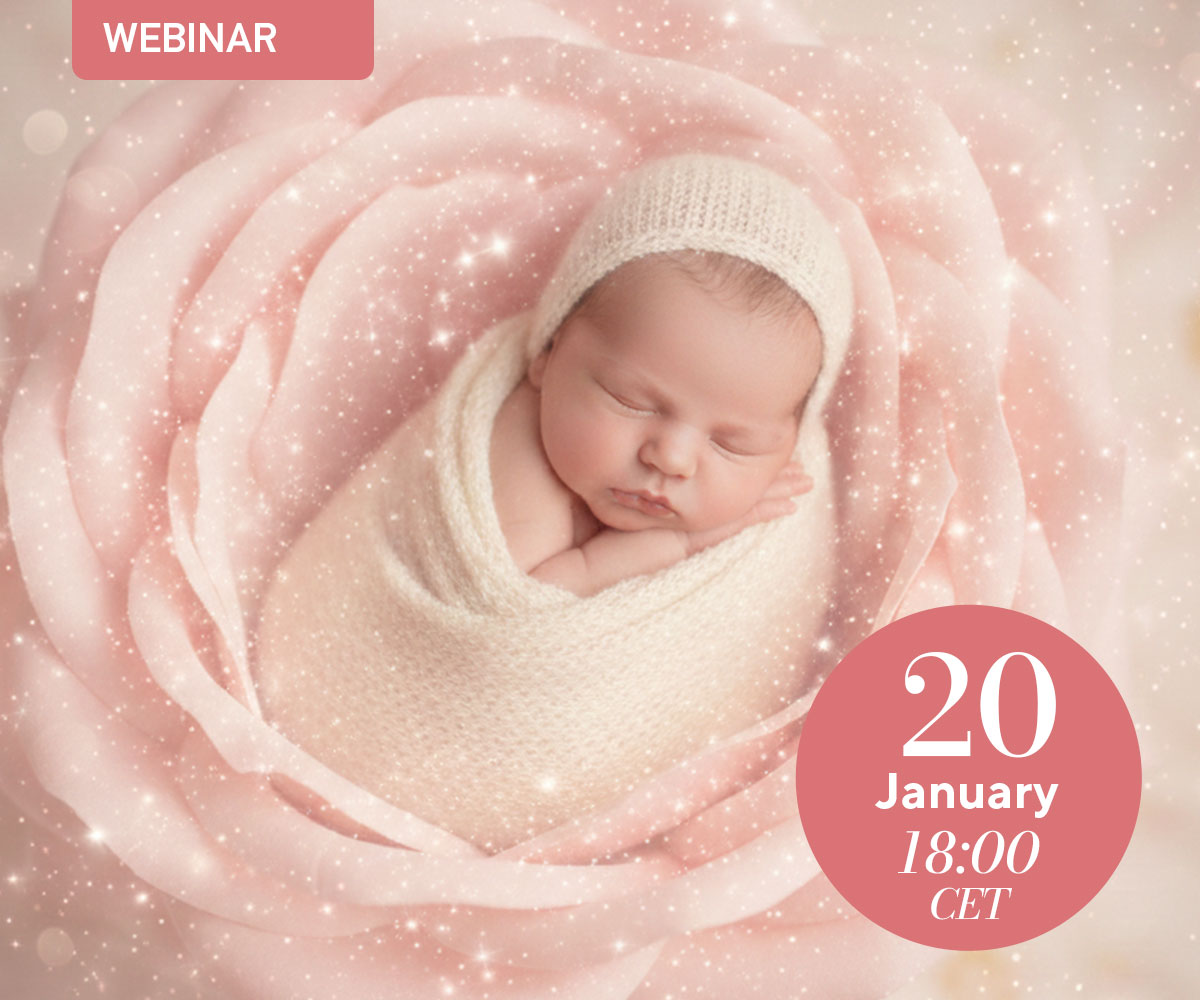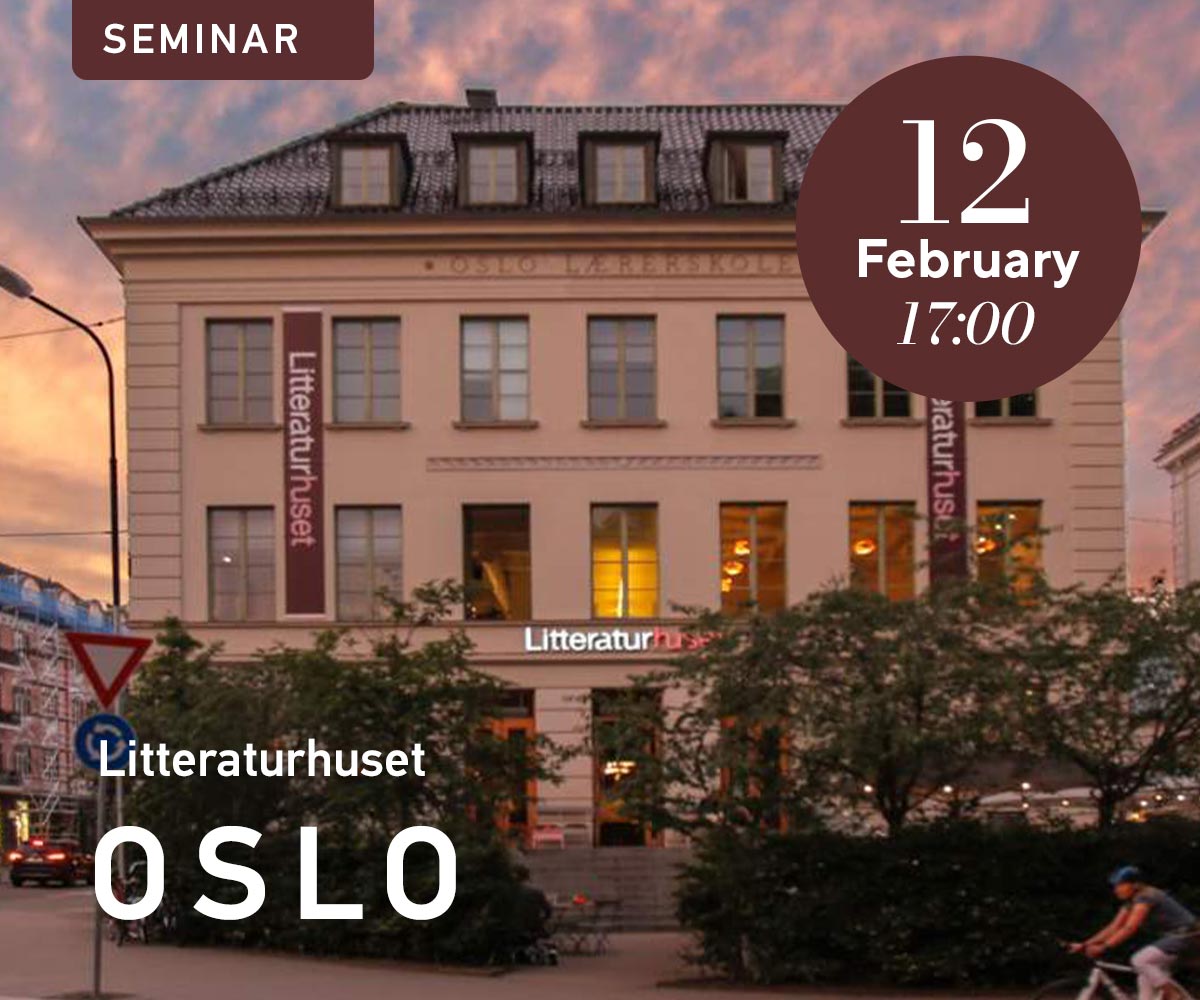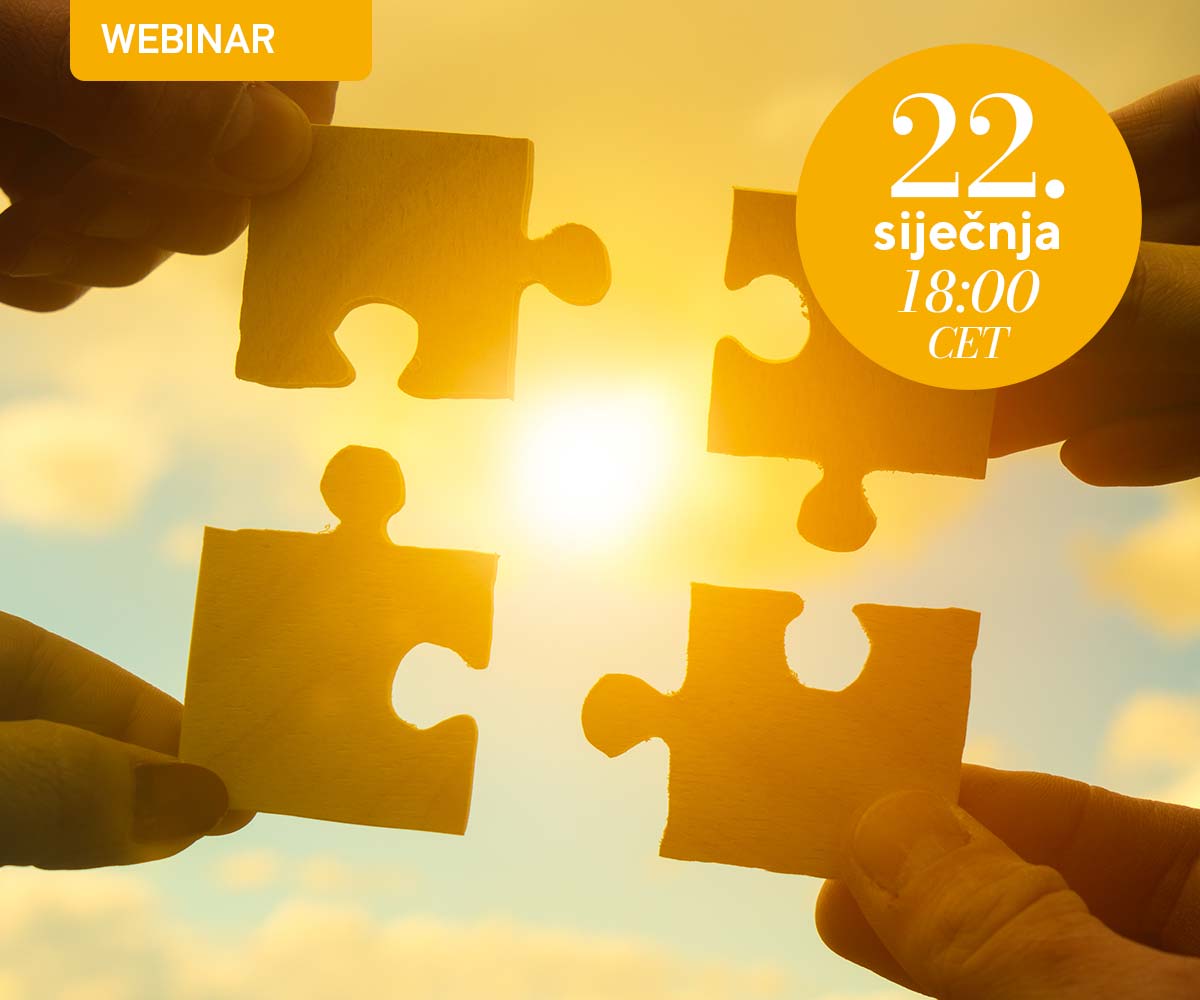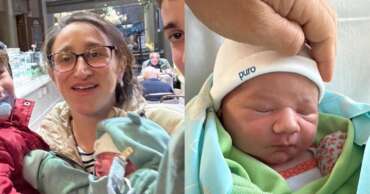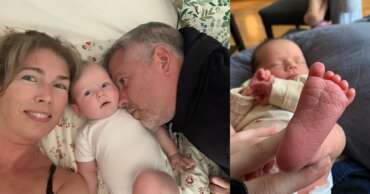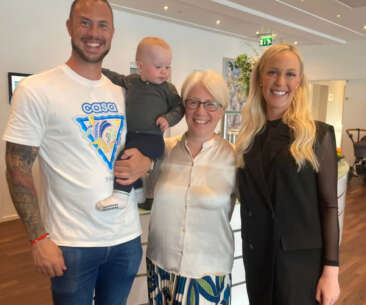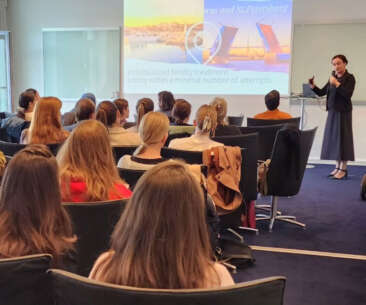After your personal consultation with your doctor you will be asked to decide on the days that you are able to attend the clinic for embryo transfer, this only needs to be for two days. Your treatment plan is then created around this date, this can be carried out in your natural cycle if you prefer. Embryos will then be thawed when you attend the clinic ready for your transfer .
The embryo recipient’s treatment
It is of great importance to diagnose underlying problems that may possibly reduce your chances of success. Our primary task is to help you solve them efficiently so that you can progress to successful embryo transfer as soon as possible.
It is also very important for us to advise you in a very personal manner in connection to your medical history so as not to overestimate the severity of possible egg or/and sperm problems. Surprisingly, many of those patients who contact us to request embryo adoption become parents of healthy children through egg donation with own husband’s/partner’s sperm or even IVF with own eggs with PGS for 23 chromosomes.
Please request a telephone consult with our Doctor so that we can advise you personally on your chances for live birth through embryo adoption and alternatives.
Embryo recipients (women who need donor embryos to get pregnant) may or may not still have a menstrual cycle. Whether or not you do, you will usually be asked to take hormonal tablets for a certain number of days and then stop. This should result in a ‘withdrawal bleed’ or period. Sometimes more than one ‘probe cycle’ is required to ensure that your uterine lining grows well in response to the medication. Your O.L.G.A. Fertility Clinic doctor will write this into your individual treatment plan. You may also have one or sometimes more injections of a ‘down-regulating’ drug to prevent premature ovulation and shifting of ‘implantation window’ — ensure optimal synchronisation with your donor. In most cases, you will then have a scan to check that the lining of your womb is thin and that there are no cysts before starting the treatment cycle (Donor embryos are of course very precious, and your O.L.G.A. Fertility Clinic doctor will want to ensure your uterus is in the best possible condition to receive them). This involves taking oestrogen tablets, patches and/or cream to build up your womb lining again. Five days before the planned date for Embryo Transfer, you start taking progesterone in addition to oestrogen. This is normally in the form of vaginal progesterone pessaries or cream.
Please request a telephone consult with our Doctor so that we can discuss your medical history and advise you personally on the best strategy leading to live birth through embryo adoption and alternatives.
Embryo transfer
Embryo transfer is a simple and painless procedure and can be carried out on day 2, 3, 4 or 5 (Blastocyst stage) after egg collection. Each patient and cycle is different therefore the day of transfer will be dictated by each individual case and in discussion with your personal doctor. The aim as always is to transfer embryo/s on the day that will give the patient the best possible chances of success.
The embryo is transferred using a very thin soft plastic catheter, which is introduced into the uterus via the vagina and cervical canal and there is no need for medication or sedation.
Single elective embryo transfer is our standard and results in above 50% clinical pregnancy rates.
If we transfer two donor embryos the chance to get pregnant will only increase from above 50% to 60%, but the multiple pregnancy risk will grow significantly resulting in above 50% twinning rate (more than half of those pregnant will have twins).
Twin pregnancies are known to have complications in mother and children 5-6 times more often than singleton pregnancies: especially in children; extremely low birth rate, immature inner organs and nerve system with all the consequences of this in further life.
In our clinical practice we increase success rates not through the number of embryos transferred, but through thorough selection of potential egg and sperm donors and high standards in the laboratory to ensure only excellent quality blastocysts are used.
Treatment after embryo transfer
After the embryo transfer, you continue taking oestrogen and progesterone medication for two weeks and then take a pregnancy test. This can be a blood test or a urine test. If the test is positive, you should have a scan to confirm the pregnancy two weeks later. If a ‘foetal pole’ is seen on the scan (this looks like a grain of rice within the foetal sac), this provides clinical confirmation of your pregnancy. Both medications should be continued until the 12th week of pregnancy, and then you continue taking only the progesterone until you are 30 weeks pregnant. To understand why donor embryo pregnancies are so special please see here.
Please inform us of your pregnancy test result as soon as possible as we are very much looking forward to hearing your news! If you are pregnant, we would like to be kept informed of your progress and we hope that everything progresses smoothly, if however there should be any complications in the first trimester our patients are informed in advance of what to do here.
If your pregnancy blood test is negative, it is sadly very unlikely that you are pregnant. Some patients of course prefer to continue their medication and take another test a few days later. If you have another negative result, the hormone medication can be discontinued.
And if this time things have not worked out as you would have hoped, we will do our best to offer you the help and advice you need.
As with all pregnancies, assisted pregnancies involve a small risk of miscarriage, ectopic pregnancy, foetal development defects, and later complications during pregnancy and delivery. The risk of miscarriage after embryo adoption at O.L.G.A. Fertility Clinic is no higher than in women in their twenties that use their own eggs. This is because we use high quality donor eggs and sperm from young healthy donors, recommend you highly efficient hormone support and have very high standards of communication so as to prevent rather than cure any complications.
Please request a telephone consult with our Doctor so that we can discuss your medical history and advise you personally on the best strategy leading to live birth through embryo adoption and alternatives


